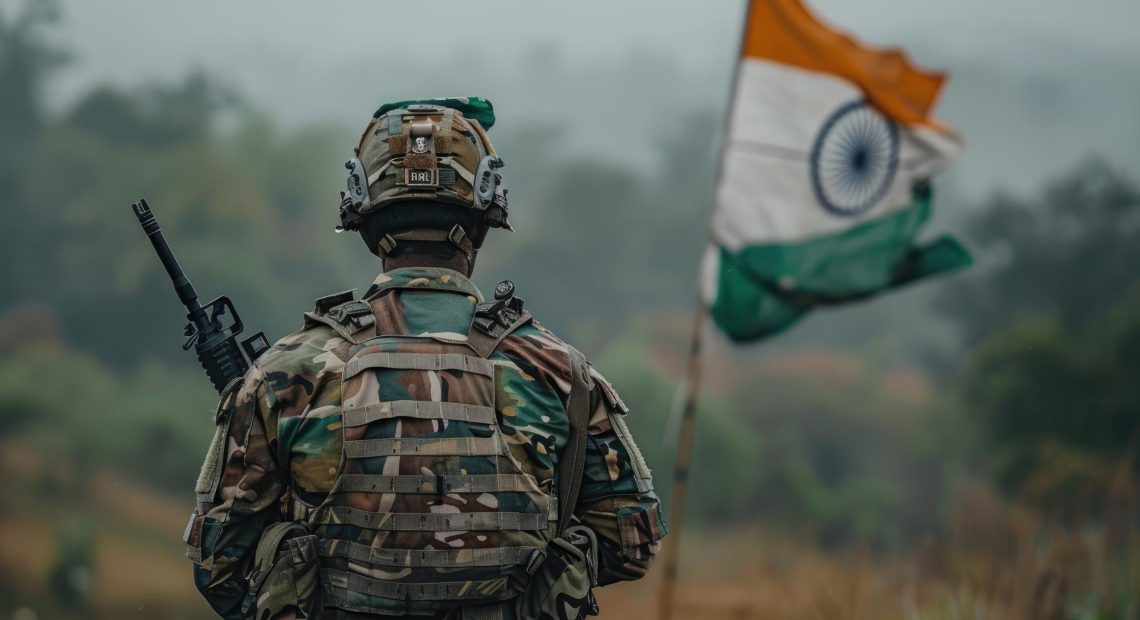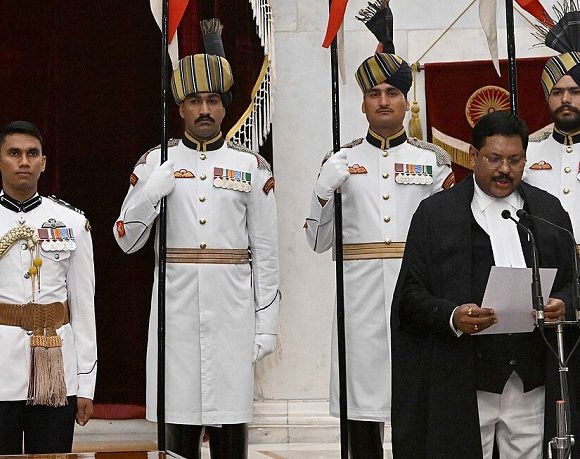
Nearly Half of Funds for J&K Border Bunkers Remain Unused
In a concerning revelation, a Right to Information (RTI) query has exposed that nearly half of the central government’s funds allocated for constructing underground bunkers along the border districts of Jammu & Kashmir remain unused. Between 2020–21 and 2024–25, the Centre allocated ₹242.77 crore, yet only ₹129.68 crore, or 53.4%, has been spent.
This underutilisation comes at a time when border tensions have escalated following Operation Sindoor, placing civilian populations at increased risk from cross-border shelling and drone attacks.
District-wise Utilisation Varies Sharply
The data revealed significant disparities in how the allocated funds were used across border districts. Rajouri district topped the list with ₹78.05 crore spent, followed by Poonch with ₹44.56 crore, Samba with ₹42.09 crore, and lesser figures for Kathua, Jammu, Baramulla, Kupwara, and Bandipora. Several districts have seen slow execution or delayed initiation of sanctioned bunker projects.
Despite 9,500 bunkers being constructed since 2018–19, local activists have pointed to an uneven pace of development, with many projects lagging even before the current spike in ceasefire violations.
Spike in Shelling Renews Focus on Bunker Deficit
The urgency of bunker construction has risen sharply following renewed shelling across the Line of Control and the International Border. At least 27 civilians have died, and 70 have been injured in the latest wave of hostilities, underlining the need for secure civilian shelters. Experts argue that while the budget has been available, bureaucratic inertia and lack of prioritisation have left border populations dangerously exposed.
Government Response and Future Plans
Chief Secretary Atal Dulloo has indicated the administration is preparing new policies to support construction of individual bunkers for families living in vulnerable areas. The newly elected Chief Minister has also assured that revised schemes for civilian protection in border districts will be fast-tracked, especially in light of recent violence.
Officials suggest that the funds lying idle could soon be redirected to meet updated targets, provided local implementation agencies ramp up execution capacity and streamline coordination with the Centre.


















